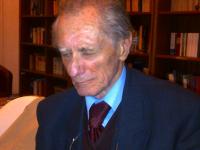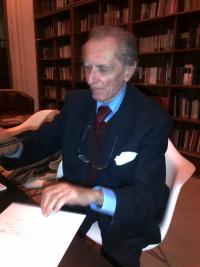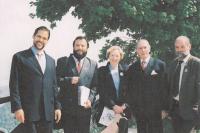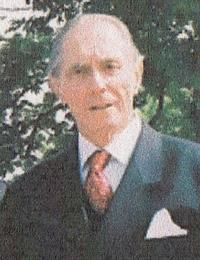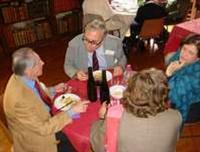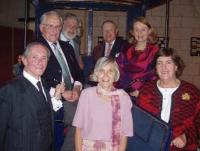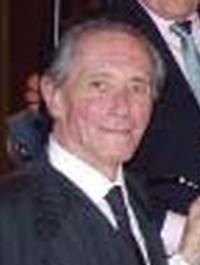I recite one poem of Petőfi for myself every evening.

Stáhnout obrázek
Bálint Ordódy was born on February 13, 1931 in Budapest. His father Béla Ordódy who came from a family of landowners became the executive director of Palatinus Joint Stock Company. His mother‘s family, the Schiffer family, was the founder and main stockholder of Palatinus. Bálint Ordódy was a private pupil, then he studied at the Secondary School of the Piarist Order. His father emigrated to Switzerland in 1947. After the nationalization of the properties of the family company the same year the famiy had difficulties of subsistence. His mother Erzsébet Schiffer was smuggled out of Hungary by the French minister in Budapest in 1948. Bálint Ordódy fled the country near Sopron by a stock train in September 1948. He settled down with his family in Paris. His parents made a new living by renovating old flats and being agents for Primtemps stores. He finished his secondary school studies at the Hungarian Secondary School in Innsbruck in 1949. Then he moved to Great Britain temporarily with his parents. He worked for Panama and he tried to continue his studies at a British university. Finally he got a scholarship from the Free Europe Committee and he could study political sciences at the university in Strassbourg. He graduated at Hautes Études Commerciales in Paris. In the meantime he had begun to work for American Express, too. Having heard the news of the fightings in Hungary at the end of October, 1956, he returned to Hungary and he joined the national guard of Sopron. Having returned to Paris, he worked as a volunteer for the French Red Cross. Between 1958 and 1960 he was marketing assistant at the French Tin Syndicate. In 1960 he married Marthe de Levis de Mirepoix. They had two children, Stanislas and Mariella. He worked as product manager for various firms. He got the French citizenship not before 1968. It was easier for him to get jobs after it. He continued to work by promoting different products. In 1971 he was employed by Promexport, an affiliated company of BRED Banque Populaire. In 1978 he was transferred to BRED, Department of Big Affairs, where he worked for one and a half decade. Beside his job he was active in a number of social organizations. He was the founder of the French organization of English Speaking Union, then he founded an ESU unit also in Anjou. He retired in 1990 and he moved to St-Clément-des-Levées (Anjou) with his wife. He tried to build cultural and political relationship between Anjou and Hungary.
